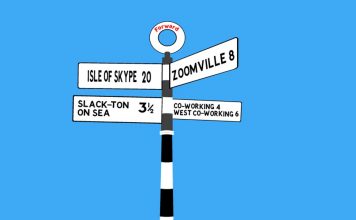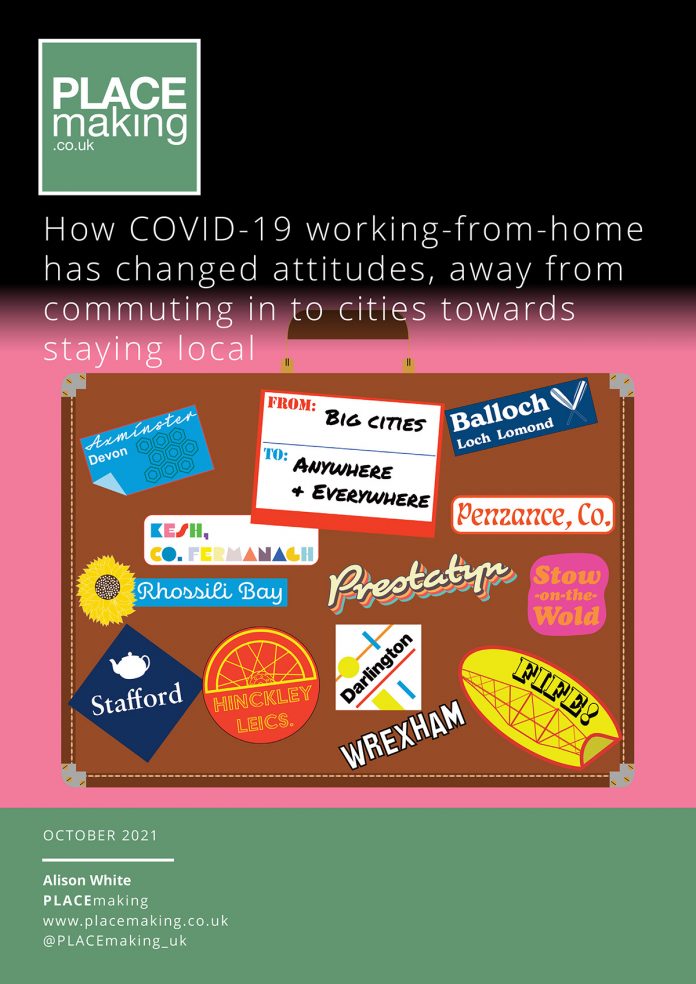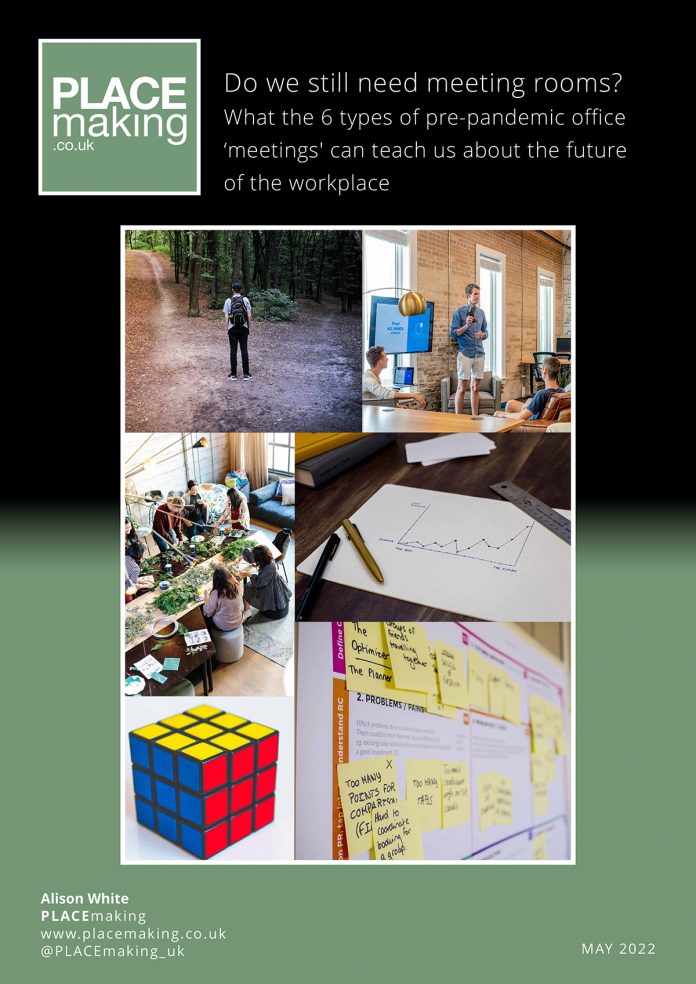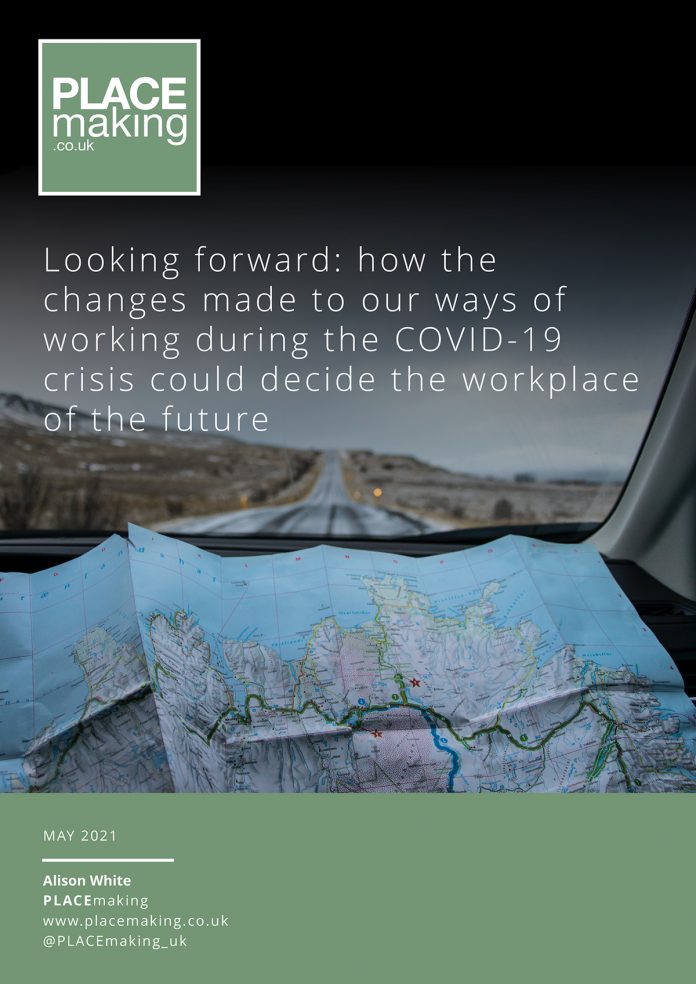PLACEmaking transform how post-COVID workplaces operate. Their tried and tested change toolbox helps deliver changed workplace objectives: reimagining the way our workplaces operate, integrating technology in to changing work practices, establishing healthy remote working behaviours and reimagining the ‘office’ experience.
PLACEmaking provide workplace transformation on four key levels:
People – delivering transformational change: shifting traditional workplace expectations
Platforms – delivering business led solutions: service led technology and systems specifications, future proofed infrastructure
Place – repurposing the ‘workplace’: network of adaptable solutions reflecting working practices
Providers – delivering ‘consumer’ focused services: repurposing from cost driven ‘Facilities Management’ to Consumer focused service providers
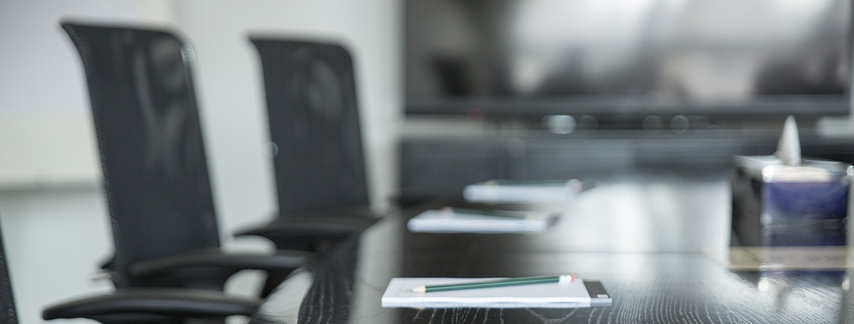
Transformational workplace change, communications and engagement
Our Smart Working implementation plan can be scaled to fit your headcount, resource capacity and timeline. Our tried and tested change toolbox helps you achieve your workplace improvement targets and supports your people transition through the four key stages of change:
- Raising awareness of the programme objectives and the benefits to be realised
- Familiarisation of the proposed solution, anticipated impact, opportunities and challenges of change
- Preparation for a new smarter way of working, use of systems and technologies, location, buildings and travel, mobilisation and logistics planning
- Aftercare, including measuring performance and delivery of benefits, monitoring health, well being and levels of satisfaction
We have the track record and specialist skills needed to deliver these end-to-end change-focused services.
Digital and technology advisory
Ensuring planned technology investment roadmap and benefits are aligned to wider Smart Working objectives and transition to increased digital services are fully realised
- Diagnosis – objective assessment of digital and technology roadmap
- Objective review – of planned technology investment and end state expectations
- Transition planning – assessing risk and minimising impact through implementation and embedding phases
- Skills preparation – targeted learning and skills training aligned with roll-out Support services plan – adapting front line and remote support services to changing customer requirements
Programme and project management
Our senior level specialists have implemented all key aspects of Smart Working on award-winning projects and make available a wealth of knowledge and expertise gained through many years of working across multiple sectors:
- Strategic support – pre-programme support to senior management in establishing programme vision, objectives and desired benefits
- Programme management – setting out a detailed programme plan, resource planning, business case approvals and financial investment returns planning
- Programme direction – resource and investment direction, responsible and structured reporting of progress & outcomes
- Project management – day to day management of key elements of programme including all People, Place, Platforms (Technology) and providers of Support Services
Interior architecture and design
Our interior architecture and design approach is to gain maximum returns from approved investment, ensuring that:
- The design is inspiring – contributing to the quality of people’s performance, their work outputs, their health and their well-being
- The space planning is efficient and effective – meeting the objectives of Smart Working but reflecting unique aspects of services, departments and teams
- Solutions are future-focused – adaptable and responsive to on-going accelerating changes in how, when and where we work, variations in staff headcount and on-going investments in technologies, assets and facilities
- Results delight people – stakeholders are engaged during the design process: believing that the end results are of value and their contributions have been worthwhile and appreciated
- Feedback is positive – post occupation measurement demonstrates that desired business benefits have been achieved
Strategic asset management
Many of our projects involve us delivering core Smart Working asset management services:
- Strategic planning – developing a business case for rationalising a property estate to increase efficiency and effectiveness and better support Smart Working: identifying objectives, aspirations and targeted tangible and non tangible benefits and levels of spend budgets
- Tactical design solutions – translating the approved strategy in a costed, fit for purpose and fully functional design concept solutions with supporting implementation plan
- Operational repurposing– streamlining and updating operational support services such as Facilities Management and ICT services to be better aligned to facilitating and supporting Smart Working objectives.








